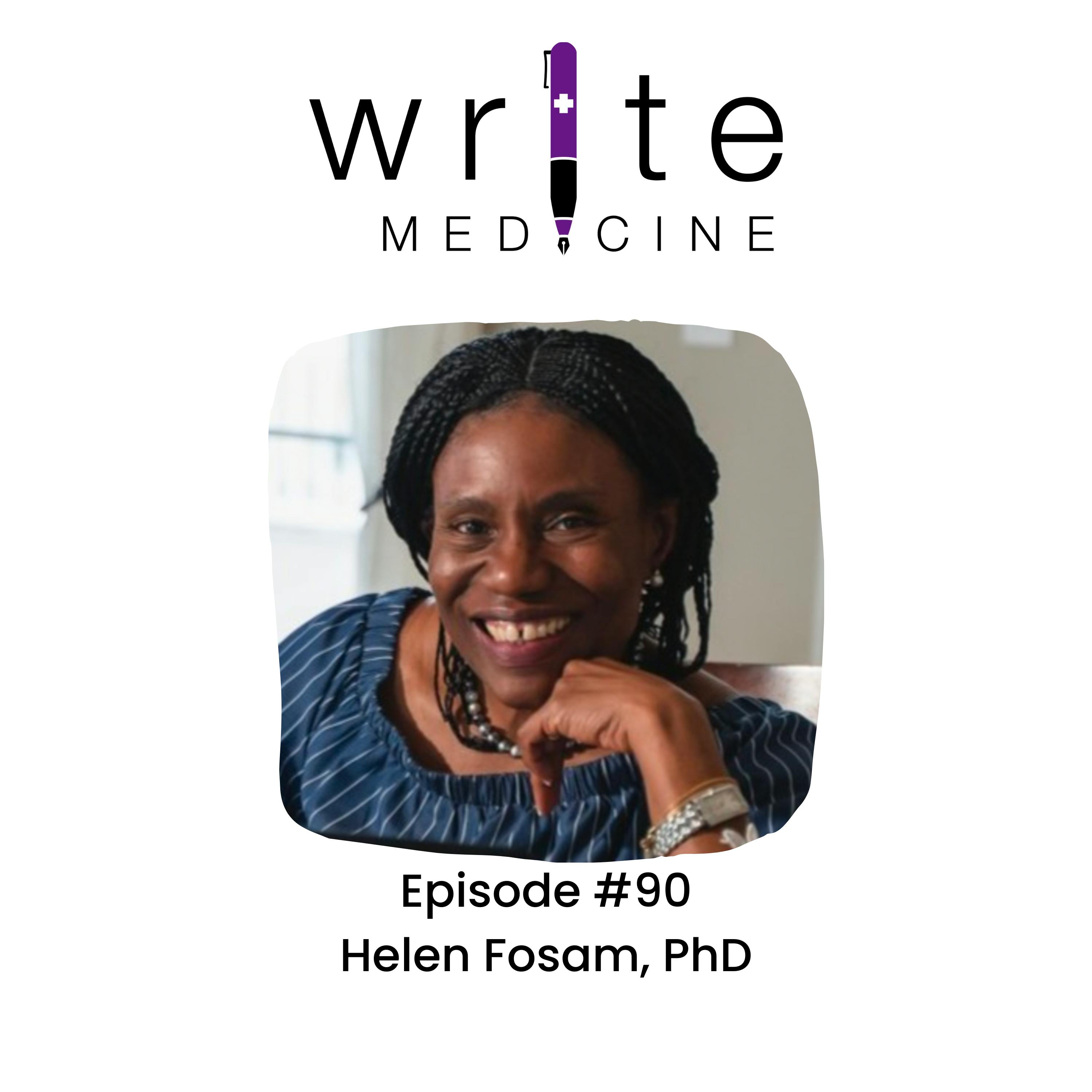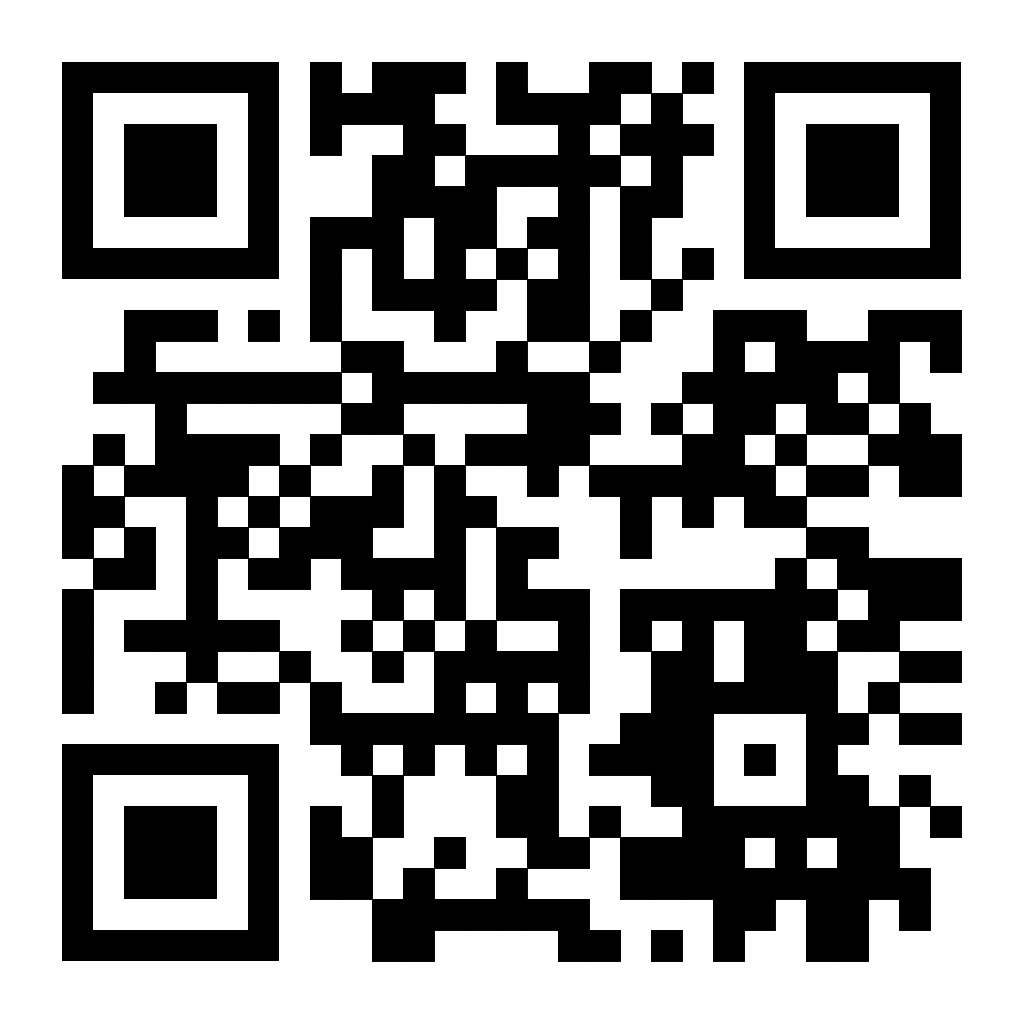Building a Global CME/CE Program
Do you ever wonder about CME/CE in Africa? Or how you could use your content creation skills to improve health outcomes globally?
This episode explores how one CME/CE writer is using her expertise to directly improve patient care in Africa. Helen Fosam is a seasoned medical writer with two decades of experience shaping her career. Today we’re talking about the significance of diversity, equity, and inclusion in clinical research and the dearth of CME in resource-limited settings like Africa that led Helen to launch the Milo initiative, which stands for “The Missing Link to Improved Health Outcomes.” This pioneering project is aimed at democratizing access to CME in Africa and harmonizing healthcare knowledge across the globe.
In today’s episode, you’ll discover how the MILO initiative is transforming healthcare education in Africa and how Helen extends the reach and effectiveness of education materials by working with local experts. This approach ensures that the education materials are culturally and linguistically relevant, accessible to the target population, and fosters sustainable healthcare practices.
- Insight into the Milo initiative, a pioneering approach to improving health outcomes in Africa through tailored CME programs.
- An understanding of the critical role of local content creators in developing relevant and effective medical education, highlighting the importance of diversity and cultural context.
- Strategies for overcoming barriers in CME in Africa, including the significance of online platforms in making CME accessible to a wider audience, regardless of their location.
Tune in to hear firsthand how this global health education initiative got started and how it aims to bridge gaps in medical knowledge through context-specific content development and delivery.
Connect with Helen
What steps can you take today?
- Explore Local Content Development: If you’re involved in medical education, consider how localized content can improve your programs. Engage with local experts and communities to ensure that your CME activities are culturally and contextually relevant.
- Implement DE&I Practices: If you are an education provider, you can advocate within your organization for more inclusion and equity-focused CME/training and actively work to incorporate diversity, equity, and inclusion in your CME content. This could involve diversifying your team of content creators or ensuring that your materials are inclusive and representative of different populations. For tips on how to build DEi into CME/CE content, check out EP 61 with Sapana Panday.
- Offer Support: Regardless of your role in CME, you can support nonprofit organizations like MILO that are addressing care disparities worldwide by volunteering your expertise or donating to their mission.
Time Stamps
- (04:03) – Introducing Helen
- (05:33) – The MiLHO Initiative
- (11:44) – Writing grants for funding the MiLHO Initiative
- (15:41) – CME’s Increased Focus on Diversity, Equity, and Inclusion
- (22:41) – Steps you can take today after listening to this episode
Subscribe to the Write Medicine podcast!
Don’t forget to subscribe to the Write Medicine podcast for more valuable insights on continuing medical education content for health professionals. Click the Follow button and subscribe on your favorite platform.


































